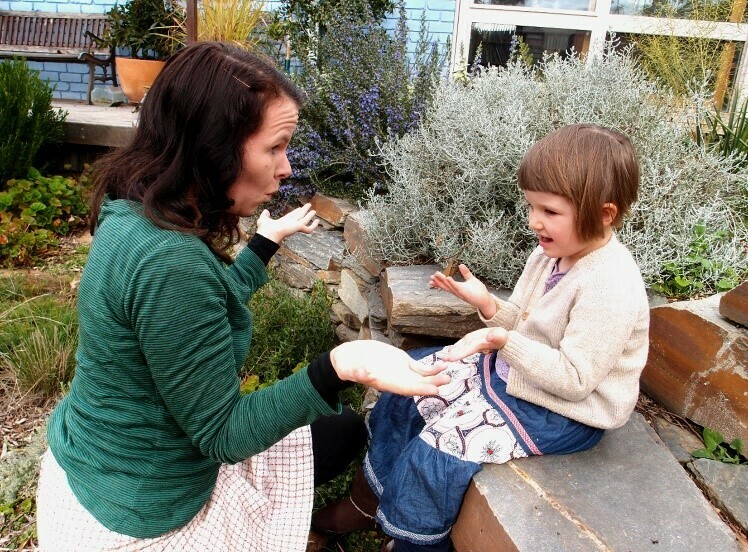Playtime: Autism – Our Tips!
Play is important. It can be the perfect way to grow communication skills as the relationships and connections built through play drive communication development.

ASD is a common developmental disability that affects around 1 in every 100 to 110 people.
ASD is a developmental disability that affects an individual’s social interactions, behaviour and overall ability to interact with their environment. It is a permanent condition and there is no cure.
ASD includes autism, Asperger syndrome and pervasive developmental disorder not otherwise specified (PDD-NOS). Individuals with ASD are impacted in two main areas: impaired communication and social interaction; and restricted, repetitive patterns of behaviour, interests or activities.
No two individuals with ASD are alike. The combination and severity of developmental characteristics varies for each individual. A person with ASD may have difficulties developing in some areas and normal development in others.
The concept of an autism ‘spectrum’ describes the different levels of severity and range of characteristics displayed by individuals with ASD.
There is a range of behaviours associated with ASD, including:
People with ASD may also have other conditions, too, including:
Many individuals with ASD have difficulties interpreting sensory information, and may display over- or under-sensitivity. Being over-sensitive to sound, touch, taste, smell and vision can be distressing to individuals with an ASD and can result in strong reactions.
Depending on the severity of the condition and secondary conditions, some people with ASD may be able to live independently, while others may need constant assistance and support.